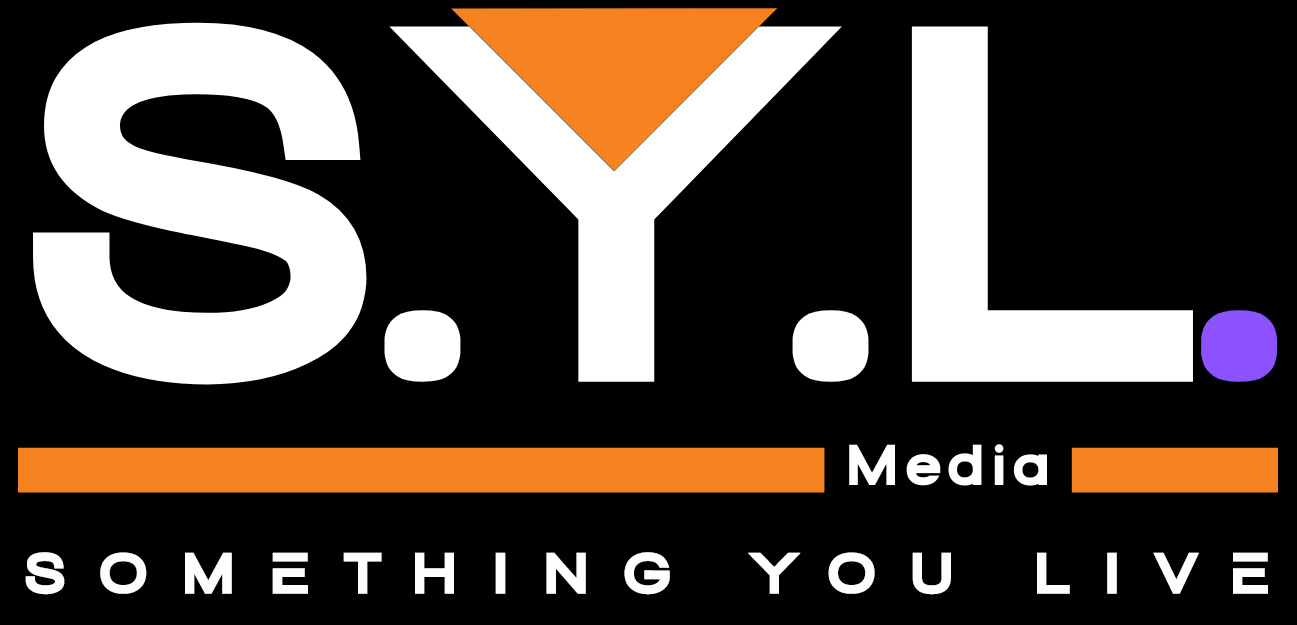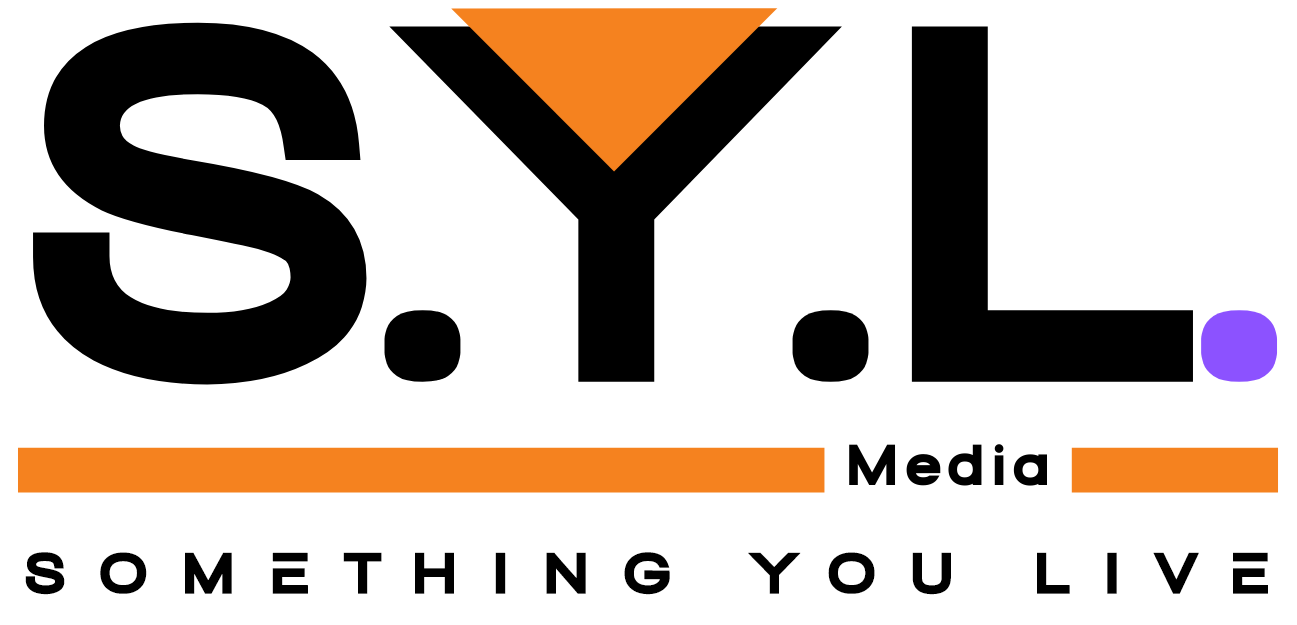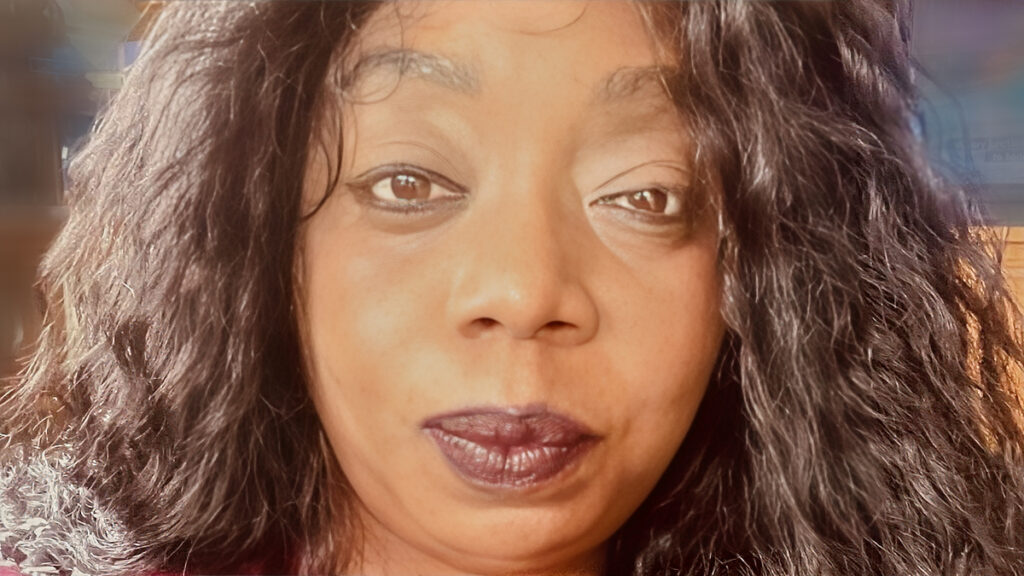Felicia F. Clark is a screenwriter and producer who brings humor, heart and real-life experiences into her storytelling. With a background in news production, she knows the power of collaboration and the importance of resilience, especially as a woman navigating the film industry. She draws inspiration from the people around her, staying true to her creative voice while keeping up with industry trends. For Clark, storytelling is about finding the balance between what audiences want and what feels authentic. Her advice to aspiring writers and producers? Learn everything you can, stay passionate and go for it—there’s no better time than now.
Can you share the inspiration behind your latest screenplay and how it reflects your personal experiences or worldview?
I was thinking back to a time when the somewhat provocative Herbal Essence and the Fruit of the Loom commercials were in heavy rotation on television. I always got a good laugh out of them. So I combined them and with Saturday Night Live in mind, I created a screenplay for a commercial. Regarding my view of the world, it’s something to laugh at. Not everything is funny, but you must find the humor in life’s experiences, or you risk getting buried.
How do you approach character development to ensure authenticity and depth in your narratives?
A lot of my characters are based on people I know, friends and family. Or a collage of people I know rolled up into a character. So, I have their background and personality pretty mapped out. And with that particular character, I can gauge how far they would go or behave in a scenario. And vice versa
What challenges have you faced as a woman in the film industry, and how have you navigated them?
There have been instances of my male counterparts not taking me seriously. I have been hit on. And once I turn them down, I’m given the cold shoulder and overlooked for work. When it comes to business, I have to stray away from my usually nice, bubbly persona. And replace it with a stone-faced, no-nonsense attitude. This is not bad; it’s actually pretty good because it leaves less room for games or BS. Also, what’s meant for me is mine. Can’t no man or woman take it. And any place where you have to stray far from who you are, is no place you should really be.
Can you discuss a project that significantly impacted your career trajectory and what you learned from it?
Writing my first screenplay. It was a feature film. I had an ah-ha moment, an epiphany. Writing screenplays, instead of books, felt right to me. I fell in love with it.
How do you balance creative vision with industry demands and audience expectations?
You kind of want to give the audience what they want and adhere to the industry’s demands without selling your soul. In other words, what is wanted and what is in are important, but you’re not considered a creative if you’re not allowed to create. I always add my voice to my work. My fingerprint. Something that sets me apart from the others. And you shouldn’t do anything unless you absolutely believe in it.
What role does collaboration play in your creative process, and how do you choose your collaborators?
I haven’t had the opportunity to actually choose a collaborator. But when it comes to producing a news show, there are a few producers and writers working on one show. We must communicate and decide on the best stories and how the show would flow. When it comes to collaborating, there are more times than not when your story, how you wrote a story, won’t make the cut, or gets rearranged. Someone else’s idea or story is better. You must have tough skin and understand your feelings are not more important than the show. What the audience wants and the tone that is expected is more important.
How do you stay current with industry trends while maintaining your unique voice as a storyteller?
The trend is what’s going to sell. What you see in the market is what’s happening, what’s popping. I use it as a learning tool and my own style to it. Versatility is important in basically every aspect of life.
Can you share an experience where a project didn’t go as planned and how you adapted to the situation?
I came to work one day, and I found out I had to produce the show alone, no other producers. Putting the stories together, deciding what works, and setting the tone was all up to me. Therefore, I had to buckle down and use every resource, and utilize everything that I’ve learned. Because, after all, the show must go on. Honestly, I was freaked out. But I had to take a deep breath and go for it.
What advice would you give to aspiring screenwriters and producers entering the industry today?
I would say to gather as much knowledge and skill as you can, and pay attention to the people that are already working in your desired field. Develop thick skin but remain passionate. And of course, put yourself out there. There’s no better time than the present.
How do you see the future of storytelling evolving, and what excites you about these changes?
I think there will be different ways to try to tell a story, like with AI. But I believe creatives are going to make sure our individual voices are heard through all the fluff. The future of storytelling would most likely migrate to different platforms. With all the advances in technology, the future of storytelling is as bright as ever.



